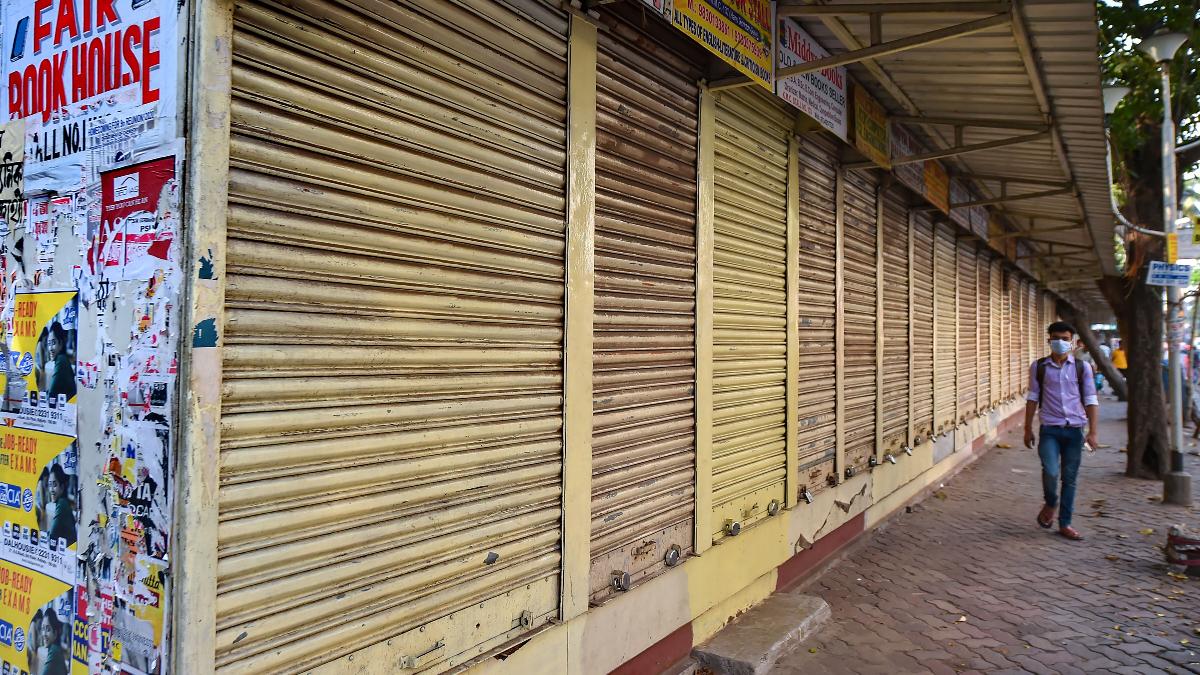After the Janata Curfew which took place on the 22nd March 2020 after the Prime Minister of India, Narendra Modi requested the people of India to impose a self curfew on themselves on Sunday to contain the novel Coronavirus.
However, the lockdown was then extended when people were asked not to leave their homes and stay indoors unless it was very urgent but when the people did not comply with the same, and crores of people came on roads to complete their errands and did not follow the instructions, a nationwide lockdown was implemented by the government for 21 days.
The entire country has been brought to a standstill to fight against the spread of Coronavirus which has already infected almost 4.75 lakh people globally and have claimed the lives of more than 21 thousand people.
As India is under complete lockdown, various parts and cities in the country have also been imposed with a Curfew and Section 144 of the CrPC (Criminal Procedure Code) depending on the resources they have to tackle the public and the spread of COVID-19.
Also Read: Hantavirus: Man Dies Of A New Virus In China, See Details About The New Virus
Commissioner of Police, Bhaskar Rao, Bengaluru said that a lockdown and a curfew are one and the same thing, however, reports say that there are some differences between the two on how the authorities act under each situation.
| S. No. | Lockdown | Curfew |
| Movement | No Passes Required | Pass required from authorities |
| Essential Service | Available | Only emergency services |
| Exemptions | List of exemptions | Limited Exemptions |
| Violation | Can lead to a legal action | Strict Legal Action |
| Mass Gatherings | Prevent public gatherings | Can Gather to seek essential items |
In most states and Union Territories (UTs), a complete lockdown has been implemented which means that Section 144 of CrPC has been imposed however the essential services can be availed. However, in places where a Curfew has been imposed, only emergency services such as Hospitals are allowed to operate.
Let us see how Lockdown, Curfew and Section 144 are different or same in some instances:
What Is A Lockdown?
A lockdown is generally enforced by a Collector or the Chief Medical Officer in the area under their control after expressing the use of Epidemic Diseases Act, 1987. When imposed, it restricts assembly of 5 or more people in closed quarters.
However, under a lockdown, essential services such as banks, grocery stores, hospitals, ATMs, vegetables and milk stores stay operational as normal but with some precautionary measures taken to contain the spread of an epidemic. Also, in some cases, hotels could be allowed to operate and also the media houses do not come under the restrictions.
When a city/state is under lockdown, the police of the area is not allowed to arrest anyone who is not abiding by the lockdown measures without the permission of the court. However, warnings can be issued and people can be advised to stay indoors.
Also Read: Coronavirus Pandemic: SBI Shares Tips On How To Safely Use An ATM
However, if any person gets adversarial to the police, then under Sections 269 (Negligent act likely to spread infection of disease dangerous to life) and 270 (Malignant act likely to spread infection of disease dangerous to life) of the IPC (Indian Penal Code), they have the right to arrest the individual(s). Also, if someone escapes from quarantine, the authorities can book the person under Section 271 (Disobedience to quarantine rule) of IPC.
What Is A Curfew?
A curfew is when the power comes in the hands of the Police Commissioner and the Collector of the area. Just like a lockdown, 5 or more people cannot gather within the particular area and people found violating this can be booked under IPC Section 188 (Disobedience to order duly promulgated by public servant).
Additionally, all essential services will also be shut, which means that apart from hospitals, all others will be closed including banks, ATMs, grocery stores and more.
Once Curfew is imposed in the area, only the administration and the police personnel are allowed to be on the streets and the district administration gets exempt from actions.
What Is Section 144?
Section 144 comes from the CrPC (Criminal Procedure Code), 1973 allows and executive magistrate of any state of a UT to prohibit the gathering of 5 or more people at a place or organise any event. Just like in a curfew, people found in violation could be booked for disobeying a public servant under IPC Section 188.


